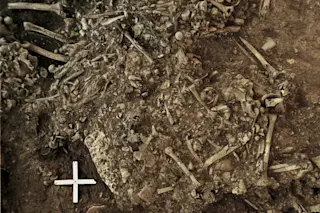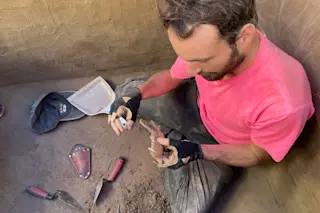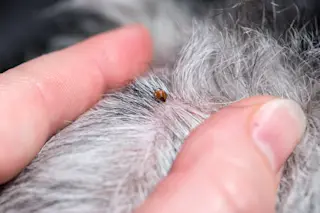Buried among 77 other people from her village in western Sweden are the bones of a 20 year-old woman. Now an analysis of DNA extracted from her teeth reveals what likely killed her. An international team of researchers has discovered the woman, who died some 5,000 years ago, had the oldest known case of the plague.
The finding suggests the world’s first plague epidemic took out her community and vast swaths of the Neolithic farming population in Europe. If confirmed, the notorious pathogen might be what allowed for the massive human migrations that followed.
“These events had major consequences for the history of humanity,” said Nicolas Rascovan, a bioinformaticist at Aix Marseille Universite in France, who led the new research. The migrations of peoples from the steppe of what is now Russia and Ukraine into Europe in the Bronze Age overturned the European gene pool.
“This is actually when the ...














